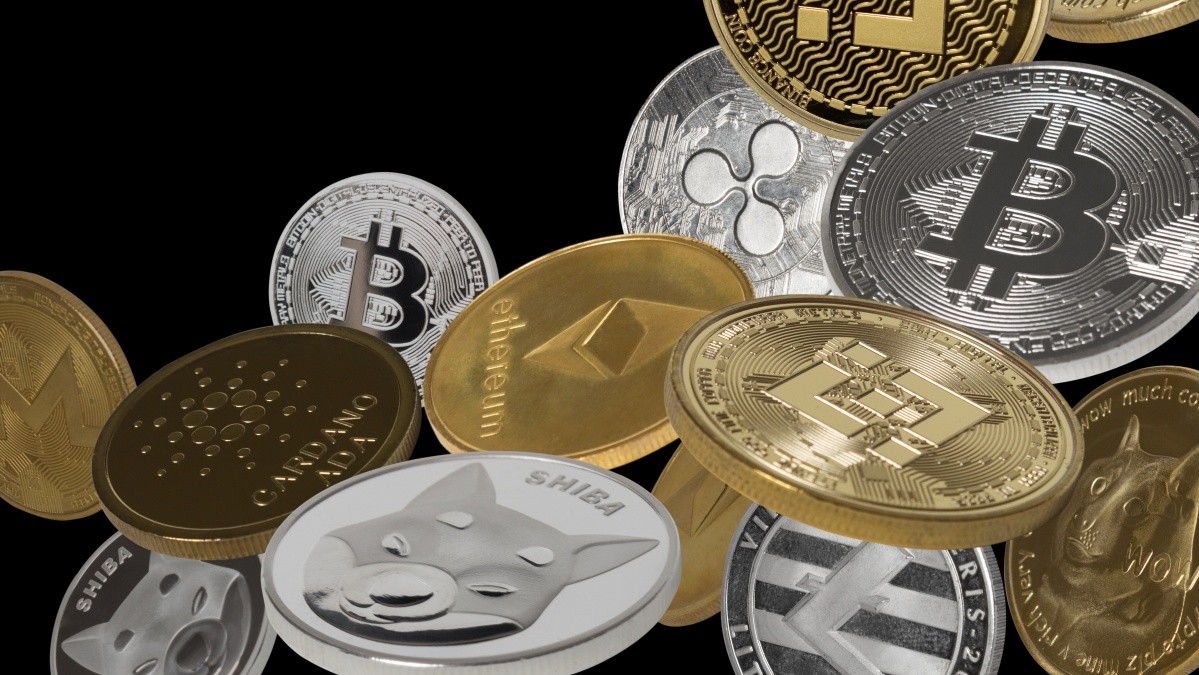Stakeholders in the blockchain industry have blamed Nigeria’s cryptocurrency trading challenges on the policies of the Central Bank of Nigeria (CBN) and the actions of dishonest players.
According to them, the clampdown on Crypto could now allow dishonest people who traded cryptocurrencies to change currencies and hurt the economy even more. It is believed that the actions of the bad players hurt the reputations of several honest market participants.
This is happening as worries about the government’s intentions to outlaw the nation’s peer-to-peer (P2P) cryptocurrency trade are growing. While some experts think it may not be possible to ban P2P outright because users can exchange money using any disguise, industry participants are worried that this would negatively impact several sites designed to support legal transactions.
Read also: OPay, Kuda, Moniepoint, others pause signups amidst CBN probe
Speaking about the latest advancements in the sector, Adedeji Owonibi, the co-founder of Convexity, a blockchain solutions business, claimed that the CBN established the P2P market under the tenure of previous Governor Godwin Emefiele, who banned banks from participating in cryptocurrency transactions.
Understanding the Impact of CBN Regulation on P2P Trading
According to Owonibi and SIBAN President Obinna Iwuno, P2P would not have increased if the CBN had governed the industry since everyone would have traded through registered agencies and exchanges. Given fears that P2P is damaging the economy, he argues the industry may flounder without government regulation.
As a result of accusations that P2P is undermining the economy, he believes that the industry may face further difficulties unless the government decides to control it.
For the founder of Blockchain Nigeria User Group, Mr. Chuta Chimezie, the central issue in the blockchain industry is CBN’s inability to look into what the players are doing. He believes the exchanges handling P2P transactions are doing adequate KYC that could help the regulator regulate the industry.
Regarding proposals to outlaw P2P cryptocurrency trading in Nigeria, Chimezie stated that the country’s P2P market has developed into a continuation of the illicit forex market. He claimed that a complete ban would not benefit the nation because people would always utilise technology to get past it. However, he conceded that the government must step in to preserve the country’s currency.
Nigeria bans crypto trading
The background of the cryptocurrency trade has been categorised as a national security threat by Nigeria’s National Security Adviser (NSA). The Central Bank of Nigeria (CBN) then ordered Opay, Moniepoint, Paga, and Palmpay—four fintech companies based in the nation—to block the accounts of users making cryptocurrency transactions and to notify law authorities of such activities. Due to accusations of currency manipulation and money laundering, Nigerian authorities forced cryptocurrency trading platform Binance to stop its peer-to-peer functionality for its citizens in February of this year.
Read also: Noones Academy Empowers Nigerians with Cryptocurrency Trading Education
In the meantime, on Monday, the Nigerian Securities and Exchange Commission (SEC) called for a new cryptocurrency measure that aims to remove the naira as a currency pair from cryptocurrency peer-to-peer platforms during an online conference with the Blockchain Industry Coordinating Committee of Nigeria (BICCoN). The call was made by Dr Emomotimi Agama, acting director general of the SEC, who stressed the need to protect the integrity of the Nigerian capital market and rid the virtual asset space of illegal trading activity. According to Agama, the SEC is considering removing the Naira from P2P platforms to stop market manipulation because of the recent spike in peer-to-peer (P2P) cryptocurrency trading, which has Supposedly impacted the Naira’s exchange rate.




